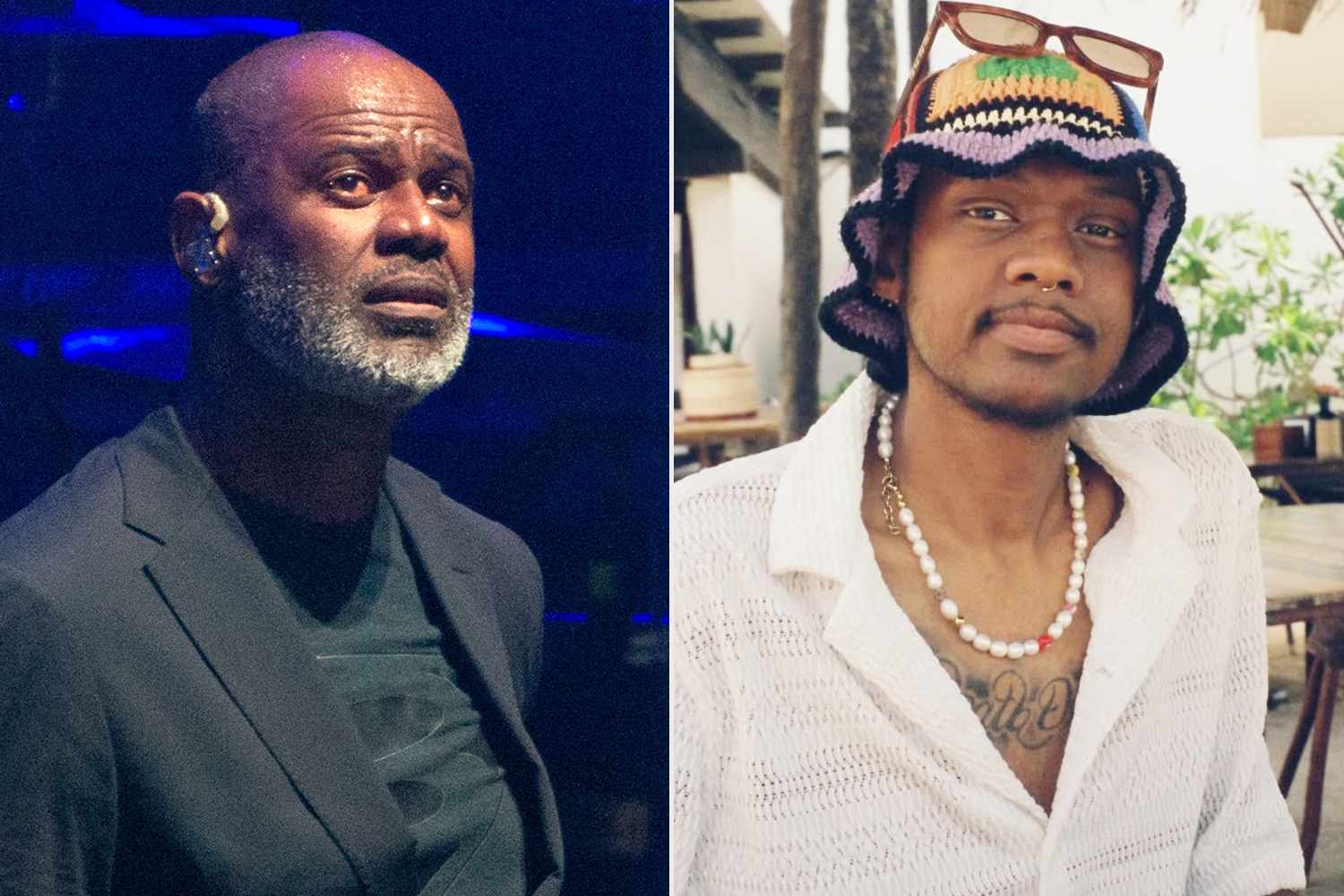Mase SPEAKS OUT On How He AVOIDED Being Diddy’s Concubine

Mase, the rapper and ex Bad Boy Records artist, nearly disclosed about his tumultuous connection with Sean “Diddy” Combs. Mase’s revelations come amidst a series of allegations and legal issues surrounding Diddy, highlighting a complex and concerned history between the two.
In a not so far interview, Mase pointedly remarked on Diddy’s business practices, stating, “Talking about he want receipts, let’s start with your mother. Your mom got the receipts. Everything is in your mother’s name. That’s the one who got the receipts.”
This comment alludes to Diddy’s alleged habit of using his mom’s name to conduct business, thereby insulating himself from legal and financial repercussions.
Mase and Diddy’s altercation dates back years, with Mase asserting that Diddy exploited his talents and withheld fair compensation. Mase first left the music industry in 1999 to become a minister, a decision influenced by several tragic events, additionally the death of The Notorious B.I.G. in 1997 and legal troubles plaguing the Bad Boy label.

In spite of retiring, Mase returned to music twice, first in 2004 with the album “Welcome Back” and again in 2009. During a live radio interview in 2009, Mase famously demanded to be released from his Bad Boy contract, which Diddy eventually signed, albeit with restrictions. Mase remained contractually obligated to Bad Boy Records until 2012, when he declared his freedom.
In 2020, Mase publicly criticized Diddy in a since-deleted Instagram post, accusing him of refusing to sell back the publishing rights to his music despite a $2 million offer. Mase marked that Diddy had initially purchased the rights for $20,000 in 1996. Mase argued that Diddy’s business practices were detrimental to the black community, stating, “This is not black excellence at all when our own race is enslaving us.”

Diddy’s response came in a 2021 Billboard interview, where he asserted he had transferred the publishing rights back to the artists. Diddy framed this decision as a moral and ethical choice, saying, “As a businessman, there comes a time when you have to pick purpose over profit.”





